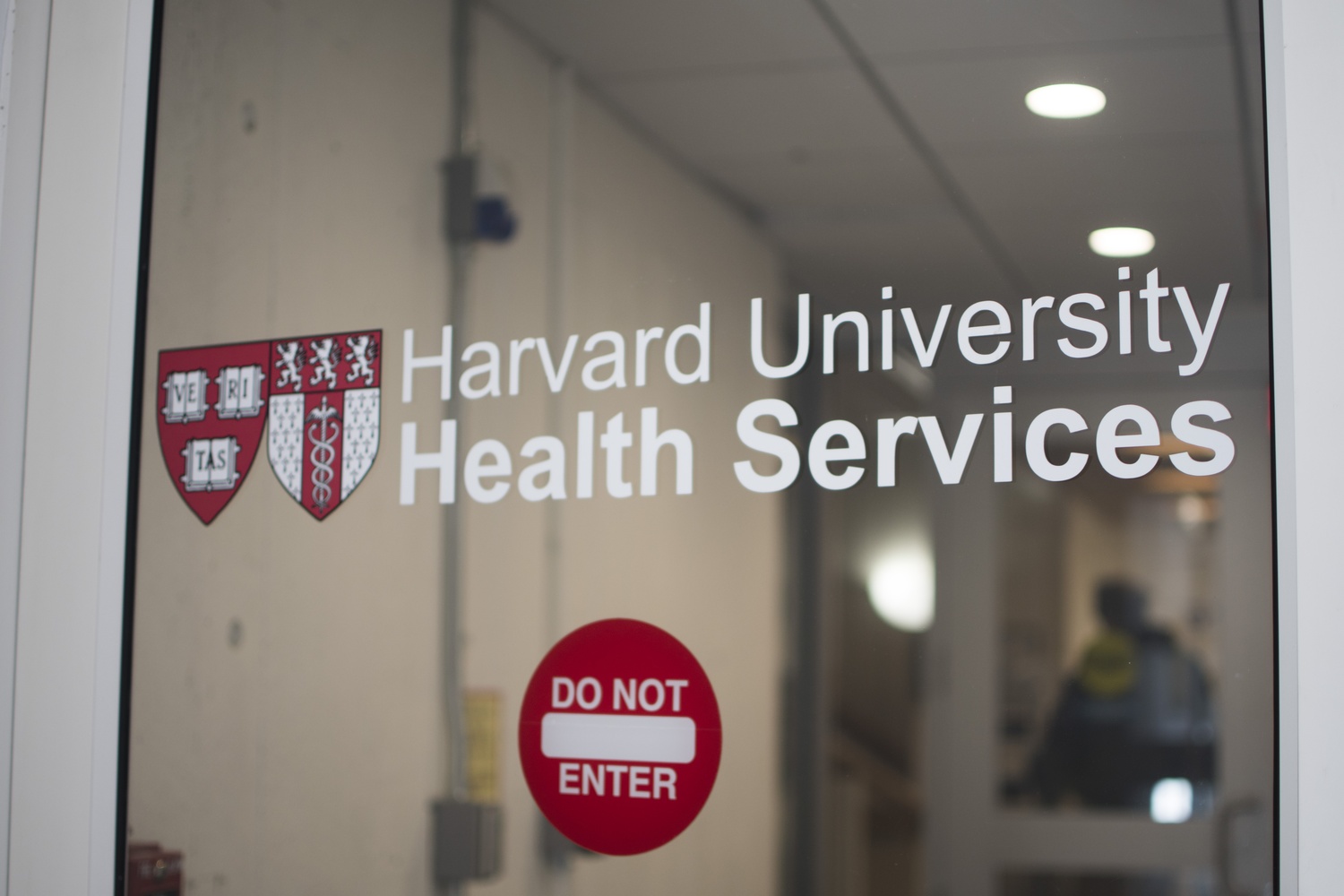
News
Pro-Palestine Encampment Represents First Major Test for Harvard President Alan Garber

News
Israeli PM Benjamin Netanyahu Condemns Antisemitism at U.S. Colleges Amid Encampment at Harvard

News
‘A Joke’: Nikole Hannah-Jones Says Harvard Should Spend More on Legacy of Slavery Initiative

News
Massachusetts ACLU Demands Harvard Reinstate PSC in Letter

News
LIVE UPDATES: Pro-Palestine Protesters Begin Encampment in Harvard Yard
Supporting More Self-Care Resources

Amid reports of increased need for mental health resources, April has seen a handful of new mental health programming on Harvard’s campus. Last week, Harvard hosted “Young, Gifted, & Well” — a day-long conference focused on promoting discussion about mental health and wellness among students of color across the University. The Office of Sexual Assault Prevention and Response has also held events geared toward promoting self-care in the Houses. This initiative — which features calming do-it-yourself stations, including stress balls, “affirmation cards,” and body scrubs — comes as part of OSAPR’s broader effort to increase student engagement through its “community engagement model.”
The unfortunate reality is that mental health is a pervasive issue on this campus. A May 2018 survey found more than one in seven surveyed undergraduates reported their emotional health has had a negative effect on their academic performance. But this is not only an undergraduate issue. According to a Harvard University Health Services survey conducted last fall, graduate student respondents in four Faculty of Arts and Sciences programs reported rates of depression and anxiety as high as 31 percent. In addition, students across the University seeking help at Counseling and Mental Health Services continue to face overwhelmed support staff and long wait times for appointments.
Given the prevalence of mental health concerns on campus, resources and support centered around mental health and self-care must be prioritized at Harvard. The recent programming coordinated by OSAPR and the University at large are necessary steps in that work. We particularly commend the aims underlying these initiatives such as promoting the discussion of mental health in communities of color and providing accessible programming to support student wellness in their day-to-day lives.
We especially appreciate OSAPR’s work to provide visible support to students on-campus like the office’s work to meet students in their own Houses. As we have opined in the past, OSAPR’s shift under director Pierre R. Berastaín Ojeda ’10 toward a model focused on “pastoral care” is a necessary and admirable step in reimagining mental health services, through offering engaged and person-focused opportunities to meet students where they are with their specific needs.
Likewise, the “Young, Gifted, & Well” conference addressed the specific mental health challenges of students from marginalized backgrounds — another example of the University working to fulfill student needs more completely. Though the conference is only an initial step, it lays the foundation for an important set of conversations often overlooked on campus.
In order to meaningfully address mental health issues, however, institutional change must accompany the community engagement initiatives we have lauded. Welcome as they are, actions such as these are not enough. Harvard must ensure that the existing mental health infrastructure on campus does not continue to falter. For example, as some students have argued, CAMHS should work to hire a more diverse group of clinicians to serve student needs. If financial constraints prevent these new hires, as officials have previously stated, the University must prioritize an increase in funding for CAMHS.
While we are proud of the work individual sectors of the University have spearheaded in service of bolstering wellness and self-care on campus, Harvard must step up and more aggressively address the issue of supporting mental health on campus through more institutional forms of change if it is earnestly dedicated to this cause.
This staff editorial solely represents the majority view of The Crimson Editorial Board. It is the product of discussions at regular Editorial Board meetings. In order to ensure the impartiality of our journalism, Crimson editors who choose to opine and vote at these meetings are not involved in the reporting of articles on similar topics.
Want to keep up with breaking news? Subscribe to our email newsletter.
